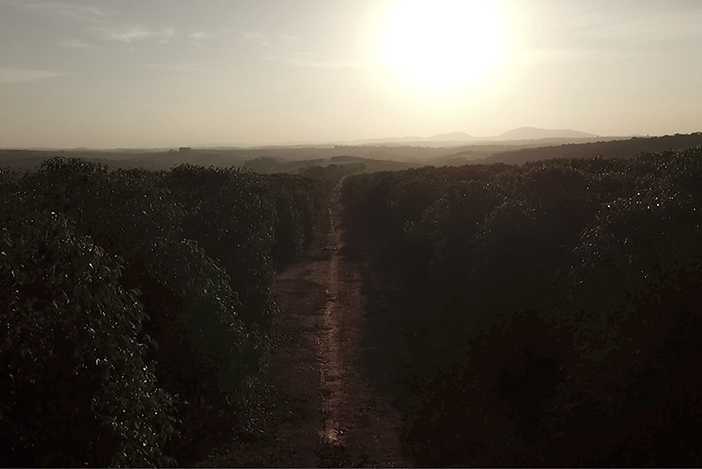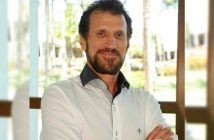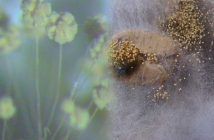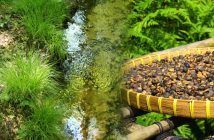And by 2020, it will open three specialty coffees roasters abroad, an investment of US$ 3 million
Arthur Moscofian, Fazenda Santa Mônica’s President, from Machado, a city in the Southern Region of Minas Gerais, has a property with 147 hectares and decided to invest in specialty coffees. He planted on 16 hectares of his farm, the Catuaí 2SL variety, at an altitude of 1,200 meters. In this area, he will harvest 500 bags of coffee, of which 250 bags will be used to produce specialty coffees.
These beans will be divided into five batches of 40 bags of coffee and those that have the best score after BSCA analysis will be marketed as microlot coffees. “I expect these coffees to reach between 87.5 and 90 points by SCAA to be sold only in the domestic market”, he explains.
Under the plans of the businessman and coffees grower, microlot coffees will already be available in the domestic market as of October. “At that moment, we are working on the product’s name, as well as on its packaging, which will have a surprise gift, so our customers will always remember us”, he says.
Fazenda Santa Mônica has been producing large-scale, high-quality coffees selected as Gourmet. After an investment in a German-made laser machine, which selects the coffee beans automatically by color, it was possible to invest more safely in the production of specialty coffees. In addition, they began to use, also wind-drying tanks, an invention which came from Santa Catarina. “The result is that we have left the drying yards and the coffees began to show special characteristics, such as floral notes”, says Arthur.

Fazenda Santa Mônica
The microlot coffees will be marketed in the following supermarket networks: San Marché, Santa Luzia, Santa Maria, São Paulo, Zaffari, Unidasul (supermarket network from Rio Grande do Sul), and Sam’s Club. They can also be purchased in several coffee shops around the country, at Empada Brasil and Cafe do Centro Cultural Banco do Brasil, at the central zone of São Paulo, among other establishments.
The property is 100% mechanized and has 11 employees, at harvest time this number rises to 18. Its coffee plants are planted in areas between 900 and 1200 meters in altitude. And, between specialty and gourmet coffees, the farm produces five thousand bags a year.
Arthur represents the third generation of the Armenian family to produce coffees in Brazil, and two of his sons already work at the company, Marcelo and Alexandre.
Roasting plants in other countries
The next plans include: increasing coffee production on the farm using another 12 hectares and to setting up three roasting plants in other countries just to work with specialty coffees.
“It’s been some time since we’ve received invitations from several countries to open a roaster. But our precondition is that we must have our product, always. We have already received invitations to establish our business in Switzerland, on the border with Germany but we considered the possibility and said no because in winter, due to the weather, we will lose mobility. So, as we have seen that the specialty coffee market has grown a lot in France, we will start our operations there. The idea is to offer our products to Spain, UK and Portugal”, he says.
But there is more to come: “We will also establish our business in the US and China, and each plant will have the capacity to roast up to 100 tonnes per month. The whole investment we are planning to make, US$ 1 million in each roasting plant, will come from the farm itself”, he says.

Fernando Siqueira
“It will be about two thousand bags of coffee roasted per month, only specialty coffees. It’s a new horizon that opens for us, even because we want our business to be as profitable as possible. And so, when the coffee price is very high, the farm profits and the roasting plant loses and vice versa”, he explains.
Arthur says he discovered the perfect equation: “I’ll be taking care of the production on the farm and my son Marcelo will be responsible for the internal market while Alexander will be accountable by the external market. Could it get any better than that?” he smiles pleased.



